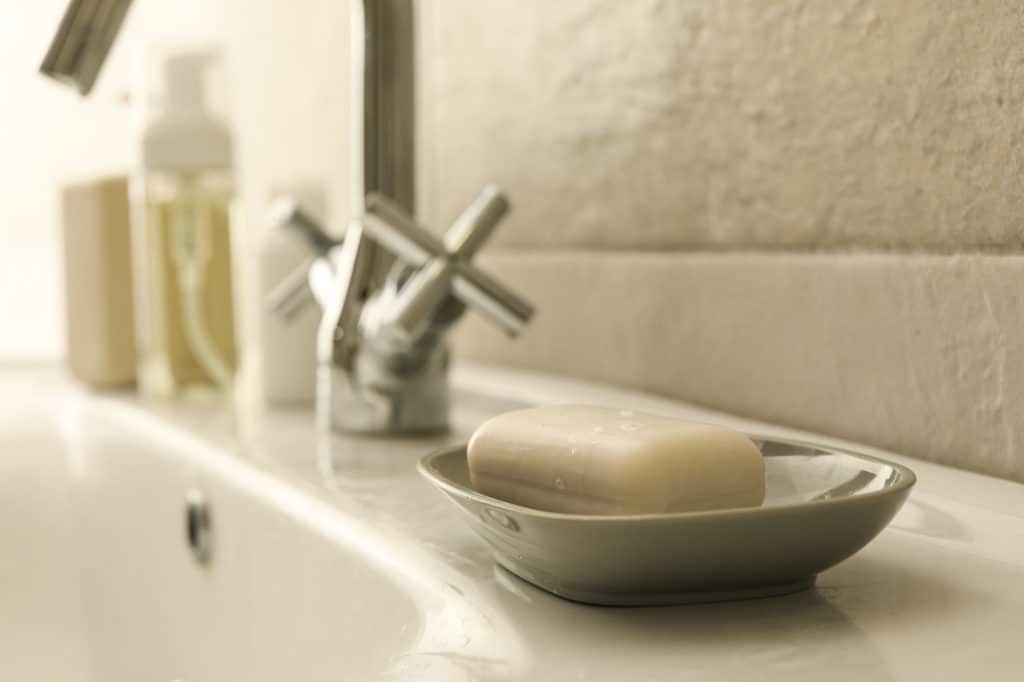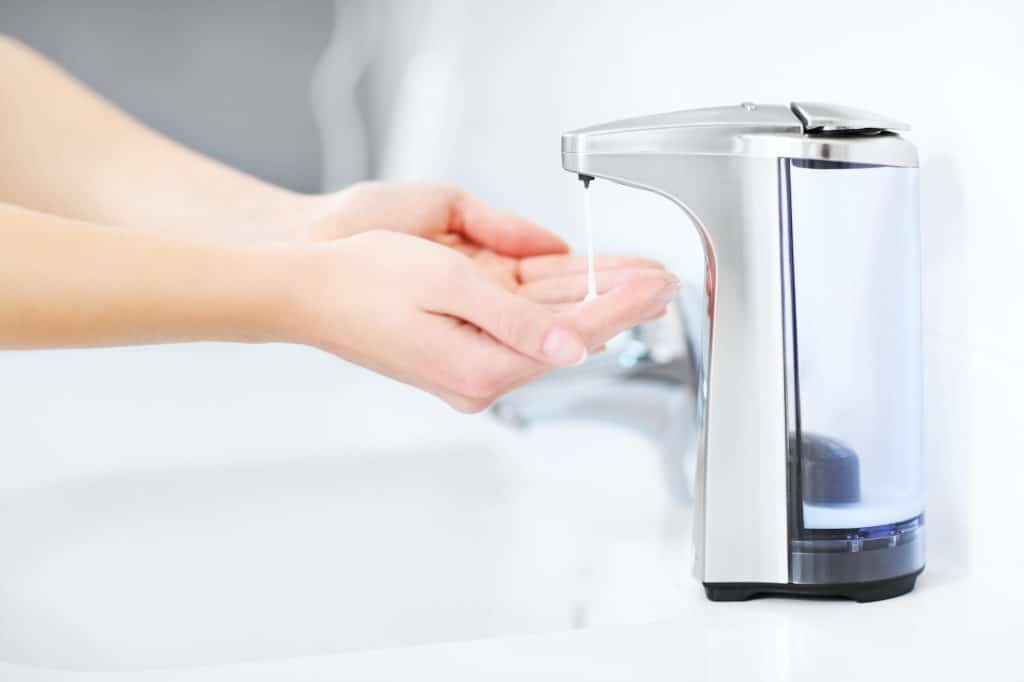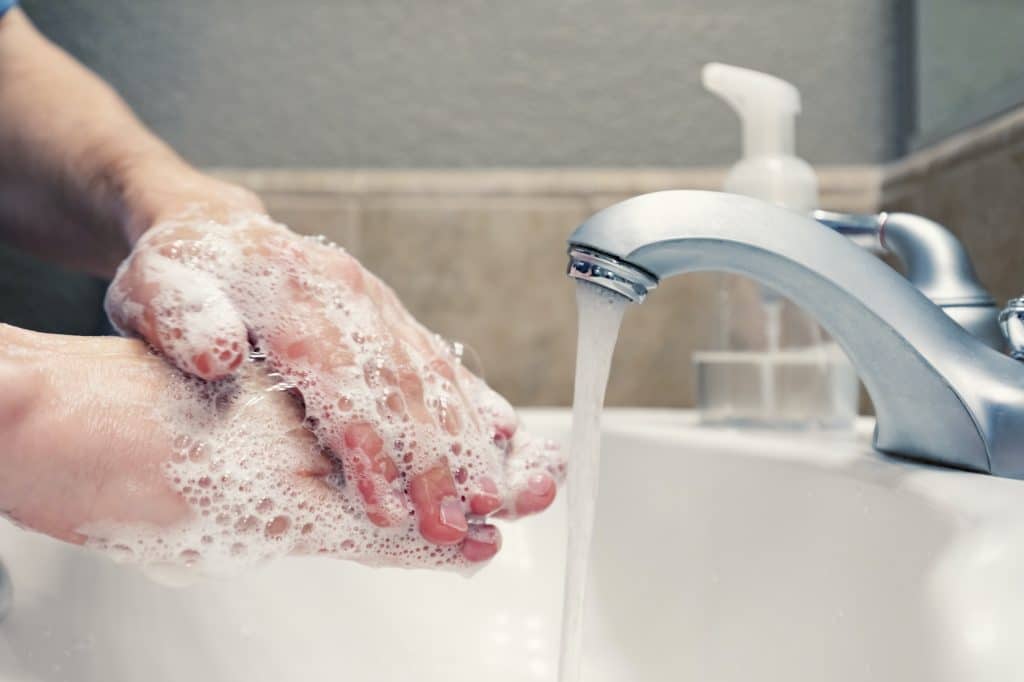The debate between antibacterial and regular soap has persisted in personal hygiene. As societies become more health-conscious, the importance of hand hygiene has never been more emphasized, especially in the wake of global health crises. With many options available in the market, consumers often find themselves at a crossroads, questioning which soap variant offers the best protection. This article delves deep into the intricacies of both soap types, comparing their benefits, drawbacks, and overall effectiveness in ensuring optimal hand hygiene.
Contents
Understanding Soap Basics

In its most basic form, soap is a cleansing agent made from the combination of fats or oils with an alkali, such as lye. Historically, soap has been used for millennia, with ancient civilizations recognizing its value in personal hygiene and ritual purification.
On a molecular level, soap operates by breaking down the oils and dirt on our skin. The soap molecules have a hydrophilic (water-attracting) end and a hydrophobic (water-repelling) end. When applied with water, these molecules surround the oil and dirt particles, allowing them to be rinsed away, leaving the skin clean.
What Makes A Soap “Antibacterial”?

Antibacterial soaps are those that contain chemical agents specifically designed to target and kill bacteria. While all soaps can remove bacteria to some extent, antibacterial soaps claim to offer a higher level of protection against harmful microbes.
Among the most common antibacterial agents found in these soaps is triclosan. This compound, along with others like triclocarban, works by targeting the cellular mechanisms of bacteria, inhibiting their growth or killing them outright. However, it’s essential to note that the effectiveness of these agents can vary, and not all bacteria may be affected equally.
Benefits Of Antibacterial Soap

The primary allure of antibacterial soap lies in its enhanced germ-killing properties. In environments where the risk of bacterial contamination is high, such as hospitals or food preparation areas, the use of antibacterial soap can be crucial. These soaps are believed to offer an added layer of defense, potentially reducing the spread of bacterial infections.
Moreover, for many, the mere perception of using an “antibacterial” product provides peace of mind. In a world where unseen germs are a constant concern, the promise of better protection against diseases can be a compelling reason for consumers to gravitate towards antibacterial soaps over their regular counterparts.
Concerns With Antibacterial Soap

While antibacterial soaps offer certain advantages, they are not without their share of concerns. One of the most pressing issues is the potential for the development of antibiotic-resistant bacteria. Overuse of antibacterial products can lead to certain bacteria evolving and becoming immune to the antibacterial agents, rendering the soap less effective over time.
Additionally, there are environmental concerns to consider. Residues from antibacterial agents, especially triclosan, can find their way into water systems. Over time, these residues can accumulate in aquatic environments, potentially harming marine life and disrupting delicate ecosystems.
Advantages Of Regular Soap

Regular soap, devoid of added antibacterial agents, remains a powerful tool in the fight against dirt and germs. When used correctly, regular soap can effectively remove dirt, oils, and a significant amount of germs from the skin, ensuring cleanliness and reducing the risk of disease transmission.
Furthermore, regular soaps often come with fewer concerns about resistance and environmental impact. Made with simpler ingredients, these soaps break down more easily in the environment, posing less of a threat to aquatic life. For those who prioritize natural and sustainable products, regular soaps often fit the bill more aptly than their antibacterial counterparts.
The Environmental Impact

The environmental footprint of our hygiene products is an aspect that’s gaining increasing attention. Antibacterial agents, as previously mentioned, can persist in the environment, leading to potential long-term ecological effects. These agents can accumulate in water systems, affecting aquatic organisms and potentially entering the food chain.
On the other hand, regular soaps, especially those made from natural ingredients, tend to have a lesser environmental impact. They degrade more readily and are less likely to cause harm to aquatic life. However, it’s essential to consider other factors, such as packaging and production methods, when evaluating the overall environmental impact of a soap product.
Practical Recommendations For Everyday Use

When deciding between antibacterial and regular soap, context is key. In settings where bacterial contamination is a significant concern, antibacterial soaps may be the preferred choice. However, for everyday use at home, regular soap, combined with proper handwashing techniques, can be just as effective.
It’s also worth noting that the type of soap is just one factor in the handwashing equation. The technique, duration, and frequency of handwashing play equally crucial roles in ensuring optimal hygiene. Regardless of soap choice, individuals should prioritize washing their hands thoroughly and regularly, especially after potential exposure to germs.
The Role Of Soap In The Broader Context of Hygiene

Soap, whether antibacterial or regular, is but one tool in the vast arsenal of hygiene practices. While it plays a pivotal role in daily cleanliness, it’s essential to view it within the broader context of overall hygiene. Other practices, such as the use of hand sanitizers and ensuring hands are dried properly after washing, complement the effectiveness of soap.
A holistic approach to personal cleanliness is paramount. This means not only focusing on the hands but also considering other aspects of personal hygiene, such as regular showers, dental care, and clean clothing. In the grand scheme of things, soap is a vital component, but it works best when combined with other hygiene practices.
The Bottom Line
The debate between antibacterial and regular soap is multifaceted, with each offering its own set of advantages and concerns. While antibacterial soaps promise enhanced protection against germs, they come with potential drawbacks, such as the risk of antibiotic resistance and environmental concerns. Regular soaps, on the other hand, provide effective cleansing without these added concerns. Ultimately, the choice between the two boils down to individual preferences and specific contexts. However, one thing remains clear: the importance of thorough and regular handwashing cannot be overstated. In the pursuit of optimal hygiene, informed choices and consistent practices are key.


